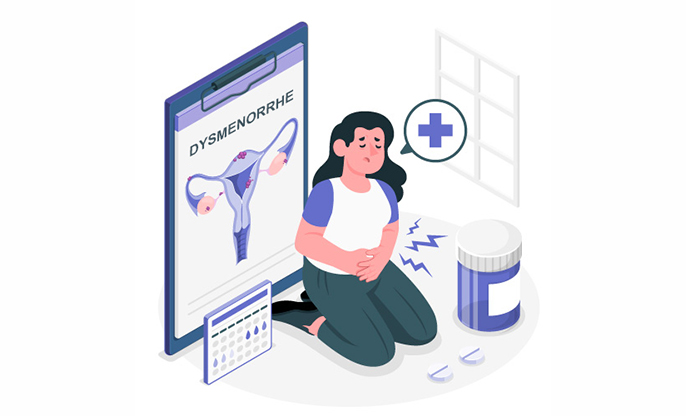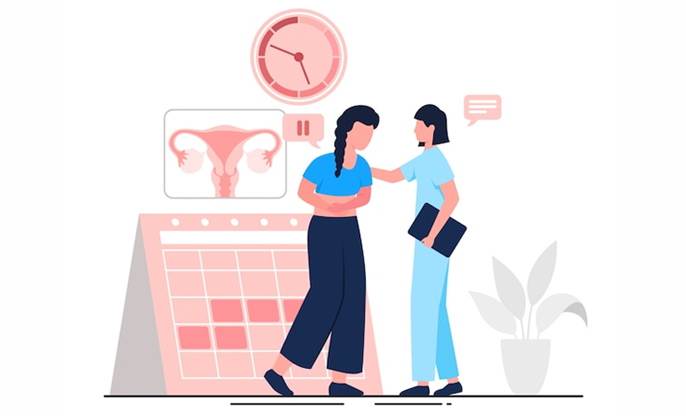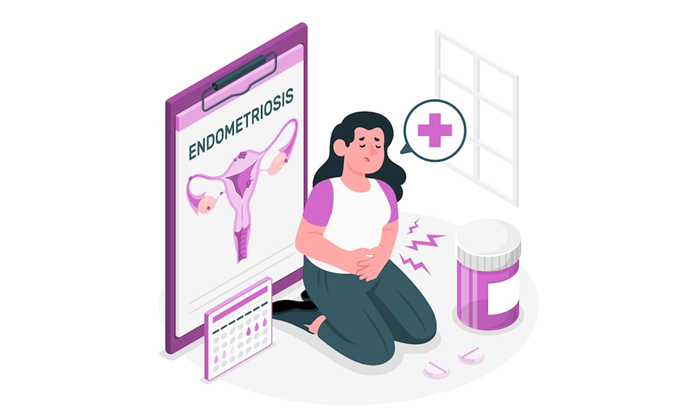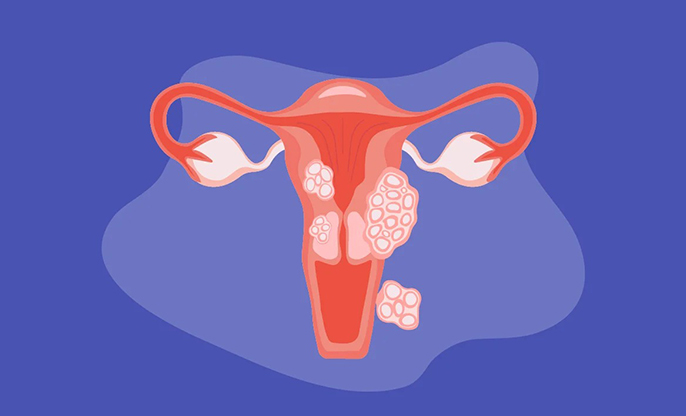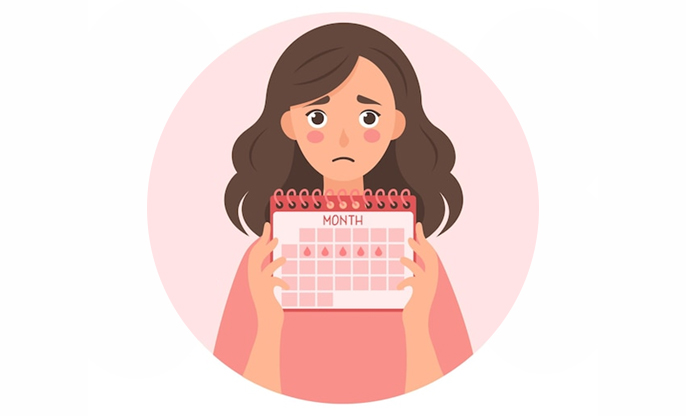
When Your
Periods Pause
Amenorrhea means your menstrual periods have stopped, and it's not just about missing a cycle or two - it's when you're of reproductive age and your periods are absent. It’s split into two types: primary and secondary. Whether you've never had a period by the age of 16 (primary), or your regular periods have paused for three months or more (secondary), it’s a sign to pay attention to what your body is trying to say.
Let’s understand more..
Primary vs.
Secondary Amenorrhea
● Primary Amenorrhea: If you
haven’t started menstruating by the age of 16, it could be due to genetic
factors, problems with the development of your reproductive organs, or hormonal
imbalances.
● Secondary Amenorrhea: More common than primary, this happens when your periods stop suddenly. Causes range from stress, significant changes in your weight, intense exercise, to conditions like thyroid issues or eating disorders.
Exploring the
Causes
● Genetic or Anatomical Issues:
Conditions like Turner syndrome or not having a uterus from birth could be
culprits.
● Hormonal Imbalances: Your
pituitary, thyroid, or adrenal glands could be out of sync, affecting your
cycle.
● Lifestyle Factors: Big
weight changes, too much exercise, or ongoing stress can halt your periods.
● Medications: Some drugs, like
contraceptives, can cause your periods to stop as a side effect.
● Chronic Diseases: Issues like celiac disease or PCOS might be interfering with your menstrual cycle.
How Do Doctors
Diagnose Amenorrhea?
● Medical History Chat: Your
doctor will want to know about your health, lifestyle, and family medical
history.
● Physical Check-Up: This
helps spot any signs of hormonal imbalances or physical issues.
● Blood Tests: These tests
check the hormone levels to see how your pituitary, thyroid, and adrenal glands
are doing.
● Imaging Tests: Tools like
ultrasounds or MRIs help look closer at your reproductive organs and even your
brain to check the pituitary gland.
● Genetic Testing: Sometimes, these tests are needed to see if a genetic condition is affecting your menstruation.
Treatment
Insights
● Hormonal Therapy: This
might involve taking hormones like estrogen or progesterone to kickstart your
periods.
● Changing Up Your Lifestyle: If
things like stress or diet are behind your amenorrhea, tweaking these might
help.
● Reviewing Your Meds: If your
current medication is the issue, your doctor might switch it up.
● Surgery: This is rare but might be necessary if there’s a structural problem.
When Should You
Worry?
If you miss three periods in a row or haven't started
menstruating by age 16, it's time to see a doctor. The sooner you find out
what's going on, the better your chances of treating it effectively, avoiding
complications like infertility or osteoporosis down the line.
Amenorrhea isn’t just a skipped period - it’s a signal from your body that something needs attention. Getting a proper diagnosis and the right treatment can help restore your menstrual health and protect your overall reproductive well-being. If you’re facing these issues, reaching out to a specialist in reproductive health is a strong move towards understanding and managing your body’s needs.
